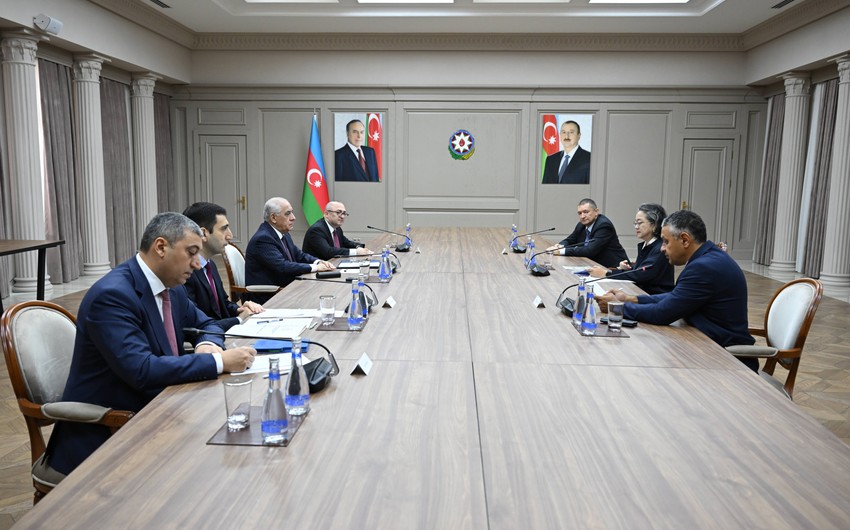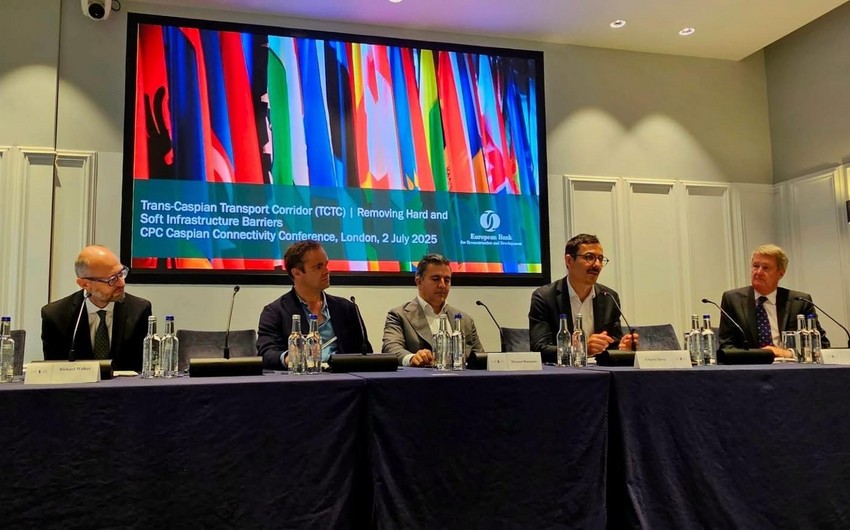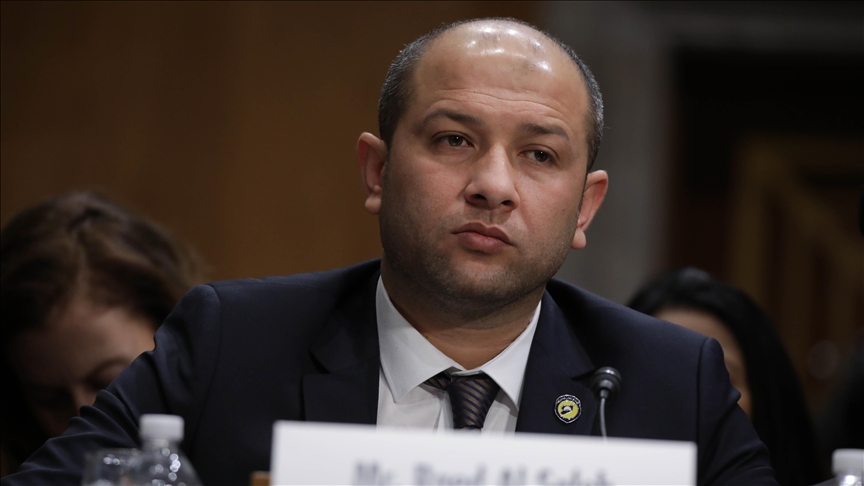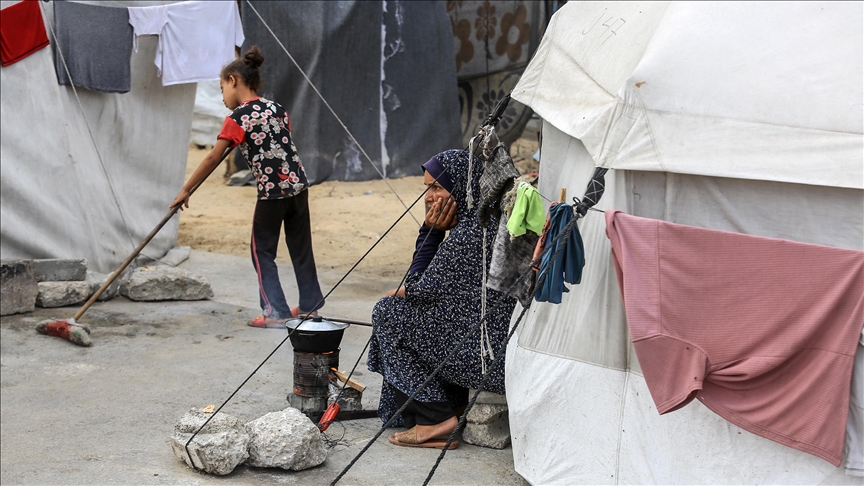Banks in emerging markets in the EMEA region are facing varying but generally limited impacts from the tightening of the US government's tariff policy and the associated uncertainty in the trade and financial sector.
EDnews informs that, this is stated in a report by the international rating agency Fitch Ratings.
The agency stated that the level of impact depends primarily on the extent to which the economies of the region's countries will be affected by the tightening of the tariff policy in the US,including the impact on banks in these countries, as well as the level of volatility in global markets.Fitch Ratings noted that the direct impact through exports to the US remains insignificant.
"Oil-exporting countries will suffer from the fall in oil prices. This is an indirect consequence of the impact of tariffs due to the slowdown in global economic growth. At the same time, oil-importing countries with limited export volumes to the US may partially benefit from the lower oil price," the agency believes.
The report notes that adverse economic outcomes, including a slowdown in GDP growth, typically have a negative impact on the banking sector through reduced lending rates and possible deterioration in asset quality.
In addition, refinancing risks and borrowing costs could increase if investors shift their stance towards emerging market economies under a “risk-off” scenario.The agency’s analysts believe that the direct impact of tariffs in the CIS+ region is minimal, as exports to the US are limited.
“Armenia and Georgia are oil importers, while banks in oil-exporting countries such as Azerbaijan and Kazakhstan generally have low dependence on the oil and gas sector and have significant liquidity buffers,” the report says.
According to Fitch, refinancing costs for state-owned banks in countries with high external liabilities, particularly Uzbekistan, may increase. However, these risks are offset by government support and the long-term nature of external debt, which is mainly provided by international financial institutions on concessional terms.
The rating agency noted that the US dollar weakened slightly after the tariff increase, but if this trend changes, the possible devaluation of local currencies could worsen the quality of assets in countries with a high level of dollarization of the banking system.
"However, most banks can cope with moderate losses, and the governments of the countries of the region can support national currencies if necessary," the agency's experts emphasized.
ING Group, the largest banking group in the Netherlands, believes that Azerbaijan is significantly protected from the direct impact of US trade tariffs. At the same time, according to the international rating agency Moody's, the US tariff policy could create new opportunities for transit shipments through Azerbaijan.
Madina Mammadova\\EDnews










